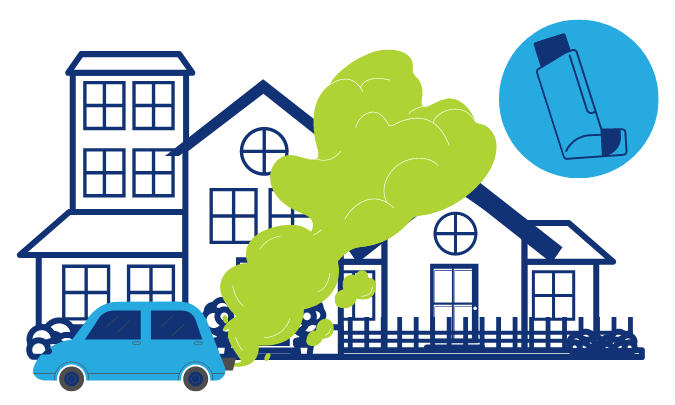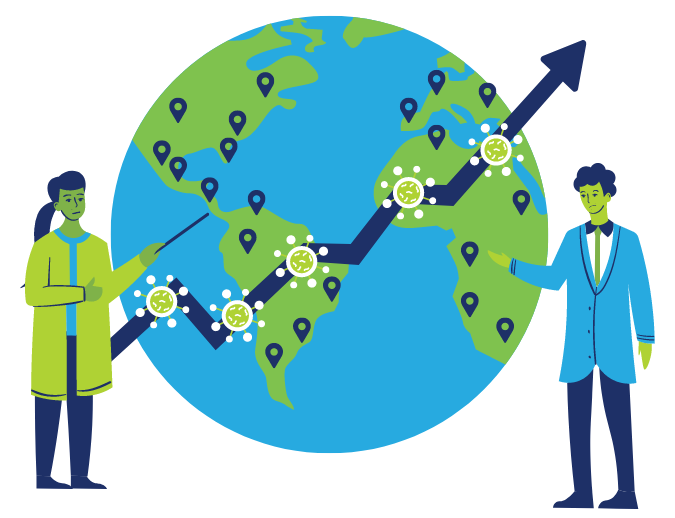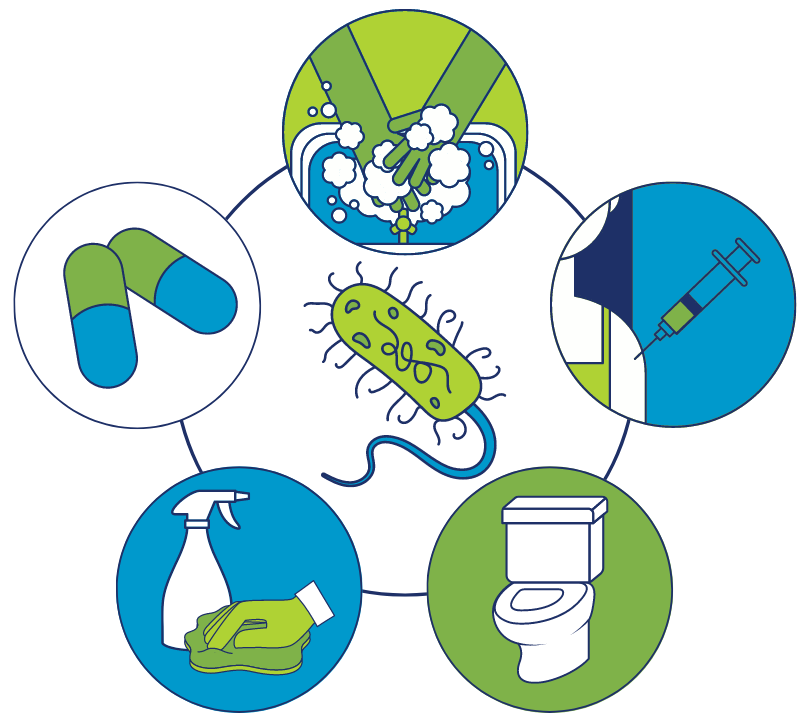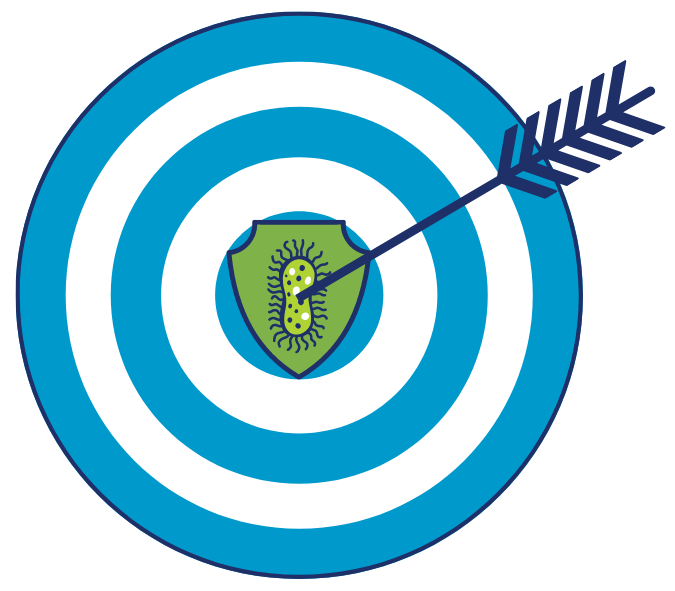
Grandmothers are a source of wisdom, support, and influence in most societies around the world. In much of the West, the emphasis is on youth, and western-based groups trying to help people in other parts of the world forget that most cultures rely on extended families.
Dr. Judi Aubel, Director of the Grandmother Project, noticed early in her career in public health, adult education, and anthropology that key members of communities were being left out of discussions – the grandmothers. Public health organizations were in effect pitting the grandmothers against the younger generation – and then wondering why their efforts to change practices such as genital mutilation were failing.
In this episode, Dr. Aubel chats with us about what her research has shown about the consequences of ignoring culture in international aid efforts, and how bringing Grandma Power to bear as part of the One Health approach can make a difference.
Maggie Fox (0:01)
Hello and Welcome to One World One Health, a place to talk about solutions to the world’s problems. We’re all connected globally, and the problems facing Planet Earth are also interconnected: climate change, poverty, old diseases and new plagues.
This podcast is brought to you by the One Health Trust with byte sized insights into ways to help. In this episode, we’re chatting with Dr. Judi Aubel, Executive Director of the Grandmother Project – Change Through Culture.
Judi, thanks for joining us.
Judi Aubel (0:33)
Thanks for inviting me.
Maggie Fox (0:34)
So much of global health has been led by people from one culture telling people in another place what to do and how to do it. This not only sounds wrong, Dr. Aubel has done research to show that paying attention to local culture pays off.
And one great way to make that work is by making use of grandma power. Grandmothers have the knowledge, the motivation, and the connections to take care of their communities.
Judi, can you tell us a bit more about the project and how it came about?
Judi Aubel (1:03)
The inspiration for the grandmother project really came from my many years of working in community health programs with different organizations realizing that they were not really building on cultural roles and values and resources.
I was involved with doing many evaluations of such community health programs, which invariably were focused on women of reproductive age, concerns related to maternal and child health and nutrition, newborns, etc. And leaving out very important culturally designated actors as we see them who are the grandmothers. And this is really the case across the non-western world across the majority world. In other words, I believe Africa, Asia, Latin America, and the Pacific and indigenous cultures in North America, Australia, and New Zealand.
Within families and communities across the non-western world, grandmothers are viewed by families, as advisors, supervisors of young women, and advisors of young fathers and men. And so, for all issues related to the health and well-being of women and children, and also of adolescents of adolescent girls, they are looked to for their advice and their experience in promoting the well-being of their families.
There’s a lot of discussion about empowerment of young women. But it seems that in those discussions, we always leave out the power and influence of the senior women or the grandmothers. And so our approach really is about further strengthening, empowering the grandmothers, improving their knowledge, and increasing their confidence, so that in the roles that they are already playing in families and communities, they can be even more effective than they were in the past.
Maggie Fox (3:05)
Judi, tell us about some of the grandmothers you’ve encountered.
Judi Aubel (3:08)
The earliest work that I was involved with this grandmother actually was in Laos, in Asia. And I remember on one occasion, I was working with the Institute of Maternal and Child Health there, on helping them develop a health education strategy with grandmothers. And I remember at one point, one of the grandmothers was talking about how she was interested in acquiring new information, return it regarding maternal and child health.
And again, I said to her, but there’s this assumption that elders will never change their ways of thinking. And interestingly she said, no, it’s not true. She said, It’s like a piece of bamboo. The old bamboo is very rigid. But if you put it over a fire like when rattan furniture is being made, if you bend it slowly, slowly, it can bend. And so she said, certainly, if you only come once or twice to discuss with us to share new ideas, that won’t be sufficient. But if you come often, slowly, slowly, I’m sure that we can be open to new ideas.
And this has been our experience in various different contexts and cultures that grandmothers, as I said, are committed to promoting the well-being of women, children and adolescents. And they’re using the knowledge that they have when the approach is based on respect and dialogue. And when their knowledge is increased. Consistently, we have found that they are open to thinking about how they can combine the new ideas with the older ones.
Maggie Fox (4:47)
So Judi, how do international organizations leave grandmothers out of the question?
Judi Aubel (4:52)
They are left out and I’m sorry to say it’s not only by the international organizations, also national Ministries of Health, there’s maybe only one or two examples where national ministries or international organizations explicitly involve grandmothers and view them as important resources for change. We often refer to the grandmothers as an invisible but powerful resource for community health programs.
I think internationally in programs across sectors, there’s very much a bias towards youth, ageist attitudes towards elders. And in fact, from a perspective of trying to bring about systemic change within families and communities. When there’s an inordinate focus on youth, empowering youth to promote those changes, while leaving out the elders actually creates tension and conflict within families and within communities.
Maggie Fox (5:58)
Judi, you said that health experts see local cultures as “negative.”
Judi Aubel (6:04)
Yeah, many cultures, for example, with pregnant women, many cultures believe that in order to facilitate delivery, women should eat less so that the fetus will be smaller and the delivery will be easier. And so public health programs are focused on these negative attitudes and beliefs. But at the same time, do not look at the positive roles and influence that exists within communities that can be mobilized to promote change in such practices.
I think it’s, I mean, we talk often about the need for an assets based approach rather than a deficits based, that not only sees the problems, but also sees the resources. I mean, in our case, I think with grandmothers, we really view them as an abundant and underutilized resource for promoting positive change in communities related to various issues related to the health and well-being of women, children and adolescents.
Maggie Fox (7:06)
Resources?
Judi Aubel (7:07)
The assets based approach is that grandmothers play a critical, central role with pregnant women. And so therefore, they constitute a resource. And we should view them as a resource, aimed to strengthen their knowledge, but build on the role that they are playing rather than viewing them as an obstacle, which is too often the case.
Maggie Fox (7:35)
So what’s an example of how grandmothers can change their minds?
Judi Aubel (7:39)
The case of, for example, a major killer of young children is diarrheal disease. And a widespread belief across many indigenous cultures is that during diarrhea, fluids should be decreased or eliminated. It’s the grandmothers who pass on that advice. But when grandmothers are respected, listened to and in a respectful way, when new information is shared with them, we have found in all cases, that they are open to listening to new ideas and also, the proposition in our work has always been to encourage them to combine to see how they can combine traditional ideas with new ideas. Rather than blaming them or accusing them of bad practices that should be eliminated. Just psychologically, it is very important.
There’s so much interest in discussion nowadays, in the need for innovation: in strategies to promote improved health and well-being. The connotation associated with innovation is often that it involves technologies and that it’s something entirely new and different.
I think one of the ideas that we have is that using grandmothers involves innovation through tradition, which seems contradictory. But in fact, this is what we have found, this has played out in our work that involving grandmothers is an innovation and can lead to change, in spite of conventional thinking that tradition means resistance to change.
Maggie Fox (9:24)
It sounds almost like the international approach to aid ends up pitting one generation against the other.
Judi Aubel (9:30)
The non-western world according to some estimates constitutes 88% of the world’s population, where the influence of the extended family is still very much in place, i.e. where different generations not only biological parents in their children, but also elders are involved in the day to day development and support to women and children.
And so one does not see in the models, the frameworks, the guides being produced by these organizations that there’s serious consideration at all of culture and often when culture is mentioned, it’s referred to in a negative light, referred to as a constraint, a barrier or an obstacle, not reflecting the structure and dynamics of families and communities in the majority world.
In our work, a key strategy is an intergenerational one, so that indeed, there’s concern about many issues affecting young people and indeed, involving young people, but along with adults and elders in order to create in order to catalyze dialogue across the generations, and to bring about intergenerational consensus for change, rather than only focusing on one segment of the population, namely young people.
If we take the example of female genital mutilation, maybe the most blatant example of how the family and community actors i.e. the grandmothers who are responsible for transmitting this, the family and community actors who are responsible for perpetuating this very harmful tradition are almost never involved in programs and viewed as an obstacle.
Community programs developed by international and local organizations try to go around the grandmothers focus on young women and girls, leaving out the grandmothers, I think in many cases, increasing their resistance to change rather than explicitly involving them in dialogue in order to promote change. The only way that a deeply ingrained traditional practice like female genital mutilation and cutting will be abandoned if there’s consensus among the grandmothers that it needs to be abandoned.
So I think, you know, it’s totally just the importance of a more of a systemic approach involving all of those who influence either directly or indirectly this issue or other issues such as child marriage, or the preference for boys education over that of girls. The importance of developing programs based on an in-depth understanding of community roles, power and dynamics.
Maggie Fox (12:50)
Judi, thanks for chatting with us.
Judi Aubel (12:53)
Thank you. It’s my pleasure.
Maggie Fox (12:55)
Listeners can share this podcast which is brought to you by the One Health Trust by email, Twitter, or your favorite social media platform, and let us know what else you’d like to hear about at [email protected].
Thanks for listening!
Guest

Judi Aubel is a social scientist – development practitioner. She holds a PhD in Anthropology and Education (University of Bristol, U.K.), a Masters in Public Health (University of North Carolina, Chapel Hill), and a Masters in Adult Education (Arizona State University). Dr. Aubel has worked the past 30 years primarily in Africa, but also extensively in Latin America, Asia, and The Pacific in applied research, program evaluation, and in the design of community interventions dealing with: adolescent development and maternal and child health/nutrition. She is particularly interested in the interface between family and community cultural systems, and community interventions and services related to different aspects of family and community development. She is the co-founder and Executive Director of an American and Senegalese non-profit organization, Grandmother Project – Change through Culture (GMP) established in 2005. GMP’s Change through Culture approach promotes community-driven development using intergenerational, assets-based, and empowerment strategies.
She has published more than 15 articles, most recently in BMJ-Global Health and the Journal of Maternal and Child Nutrition. She was chosen as an ASHOKA fellow in 2012, recognized for her development of innovative and effective approaches to address complex social issues at the community level.
Credits
Hosted and written by Maggie Fox
Special guest: Judi Aubel
Produced and edited by Samantha Serrano
Music composed and sound edited by Raquel Krügel
Transcript by Harsh Pingle







